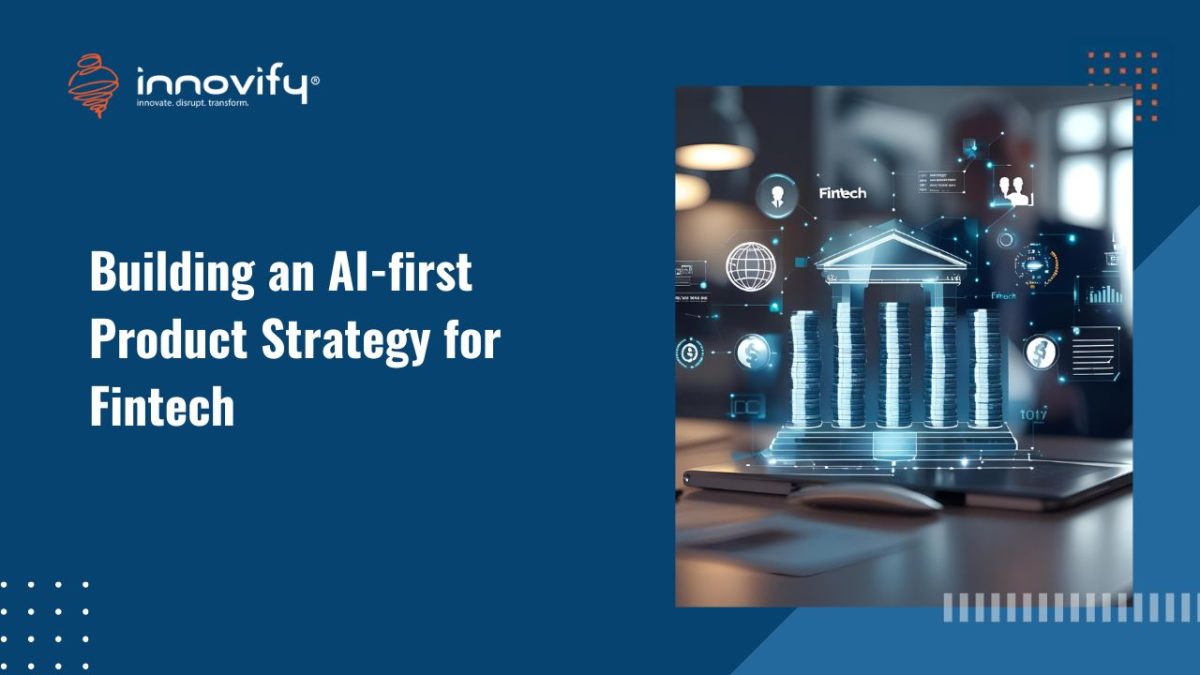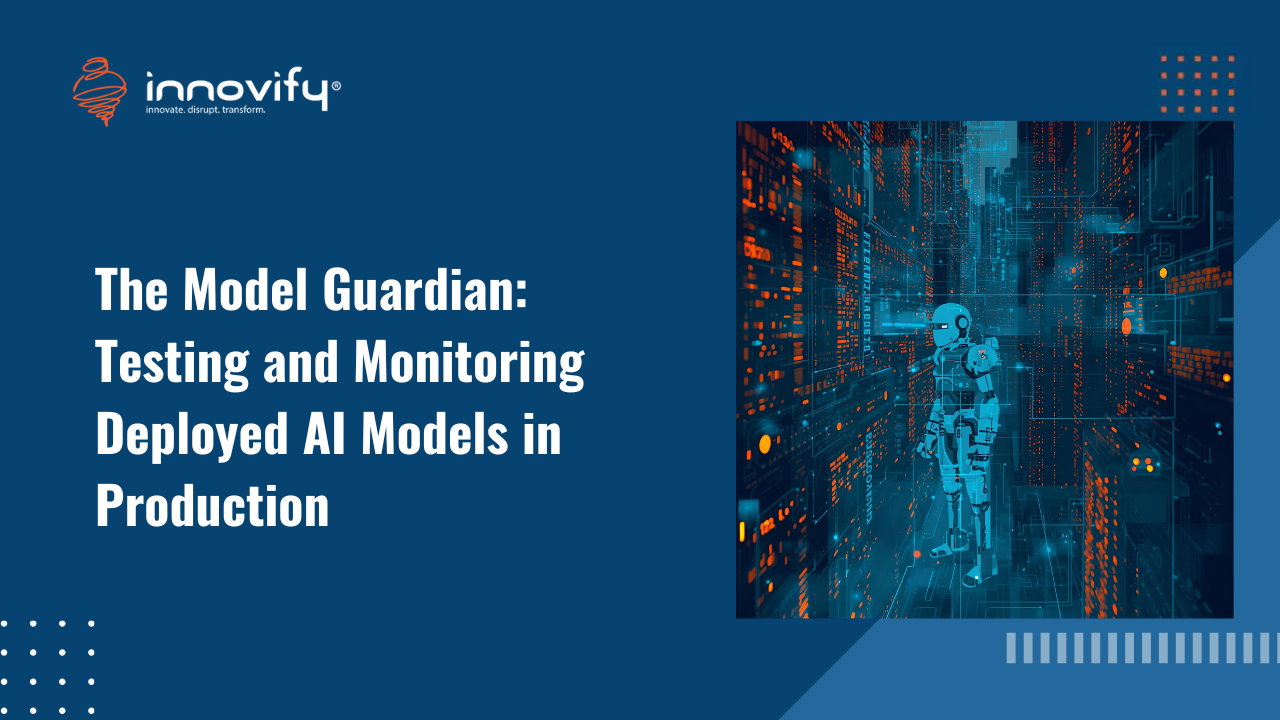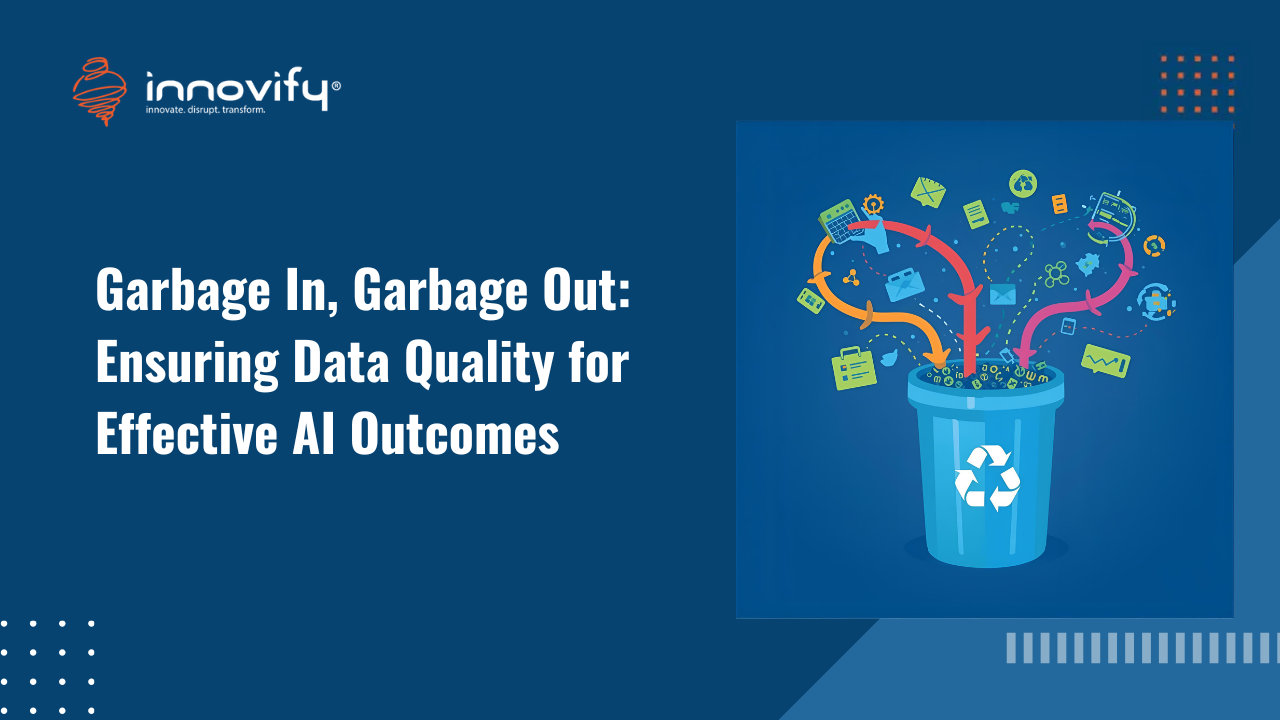AI/ML
The AI Blueprint: Building an AI-First Product Strategy for Fintech
Building an AI-first product strategy for fintech
The financial technology (FinTech) landscape is characterized by its relentless pursuit of efficiency, personalization, and speed. In this highly dynamic environment, an “AI-first” product strategy is emerging not merely as an evolutionary step, but as a revolutionary one. Building an AI-first product strategy for fintech means that artificial intelligence is not an optional feature or an afterthought, but the foundational layer upon which every product and service is conceived, designed, and executed. This profound shift enables FinTech innovators to unlock unprecedented levels of automation, intelligent insight, and hyper-personalized customer experiences, creating a distinctive competitive advantage.
Reimagining Product Development with AI at the Core
An AI-first approach fundamentally reorients the product development lifecycle. Instead of retrofitting AI into existing frameworks, the process begins with data and the intelligent capabilities that can be derived from it. This means identifying the relevant data streams – transactional history, market data, behavioral patterns, regulatory changes, and more – and then designing AI models that can process, analyze, and learn from this data to power the core functionalities of the financial product. The user experience, the system architecture, and the operational workflows are all then built around these intelligent AI components.
AI-Powered Personal Finance and Wealth Management
Consider the application of an AI-first strategy in the realm of wealth management. A traditional robo-advisor might offer automated portfolio allocation based on pre-set risk profiles. An AI-first wealth management platform, however, would continuously learn from the client’s financial behavior, market fluctuations, global economic indicators, and even life events (e.g., marriage, new job) to dynamically adjust investment strategies, offer proactive financial advice, and identify opportunities for optimization. The AI wouldn’t just execute instructions; it would anticipate needs, provide personalized recommendations, and even trigger automated rebalancing, thereby transforming a passive investment tool into an active, intelligent financial partner.
Fortifying Compliance and Risk Management with AI
Another compelling area for an AI-first approach is in regulatory compliance and anti-money laundering (AML). The sheer volume and complexity of financial transactions make manual compliance processes prone to error and highly inefficient. An AI-first compliance system would leverage natural language processing (NLP) to interpret regulatory texts, machine learning to detect suspicious transaction patterns invisible to human analysts, and predictive analytics to flag potential compliance breaches before they occur. This not only significantly reduces operational costs and risks but also ensures a far more robust and adaptive regulatory posture.
The Strategic Advantages for FinTech
The strategic advantages of building an AI-first product strategy for fintech are clear:
- Unparalleled Personalization: Delivering bespoke financial solutions that adapt to individual customer needs in real-time, fostering deeper engagement and loyalty.
- Enhanced Automation & Efficiency: Streamlining complex and repetitive tasks across operations, customer service, and compliance, leading to significant cost savings and faster service delivery.
- Superior Risk & Fraud Management: Proactively identifying and mitigating financial risks, from credit defaults to sophisticated fraud schemes, through continuous learning and adaptive algorithms.
- Predictive Insights: Moving beyond historical reporting to anticipating market trends, customer behavior, and potential disruptions, enabling more agile and informed strategic decisions.
- Scalability & Agility: AI-powered systems can handle massive data volumes and transaction loads, allowing FinTechs to scale operations rapidly while maintaining high performance and responsiveness.
The Path Forward: Investment and Ethical Considerations
Implementing an AI-first strategy is a significant undertaking that requires a blend of deep financial domain expertise, cutting-edge AI and data science capabilities, and a commitment to continuous innovation. It demands a culture that embraces data-driven insights and is willing to challenge traditional paradigms. Furthermore, navigating the complex ethical considerations surrounding AI in finance, along with strict regulatory requirements, is paramount.
In conclusion, the future of FinTech is inherently intelligent. By placing AI at the very core of their product strategy, companies can transcend the limitations of conventional financial services. This isn’t just about integrating technology; it’s about fundamentally redesigning the financial experience to be more intuitive, proactive, and valuable for every user. FinTech businesses that champion an AI-first approach will not only redefine industry standards but will also secure a commanding position in the digital economy.
Ready to embark on an AI-first journey for your FinTech product? Book a strategic session with Innovify.




